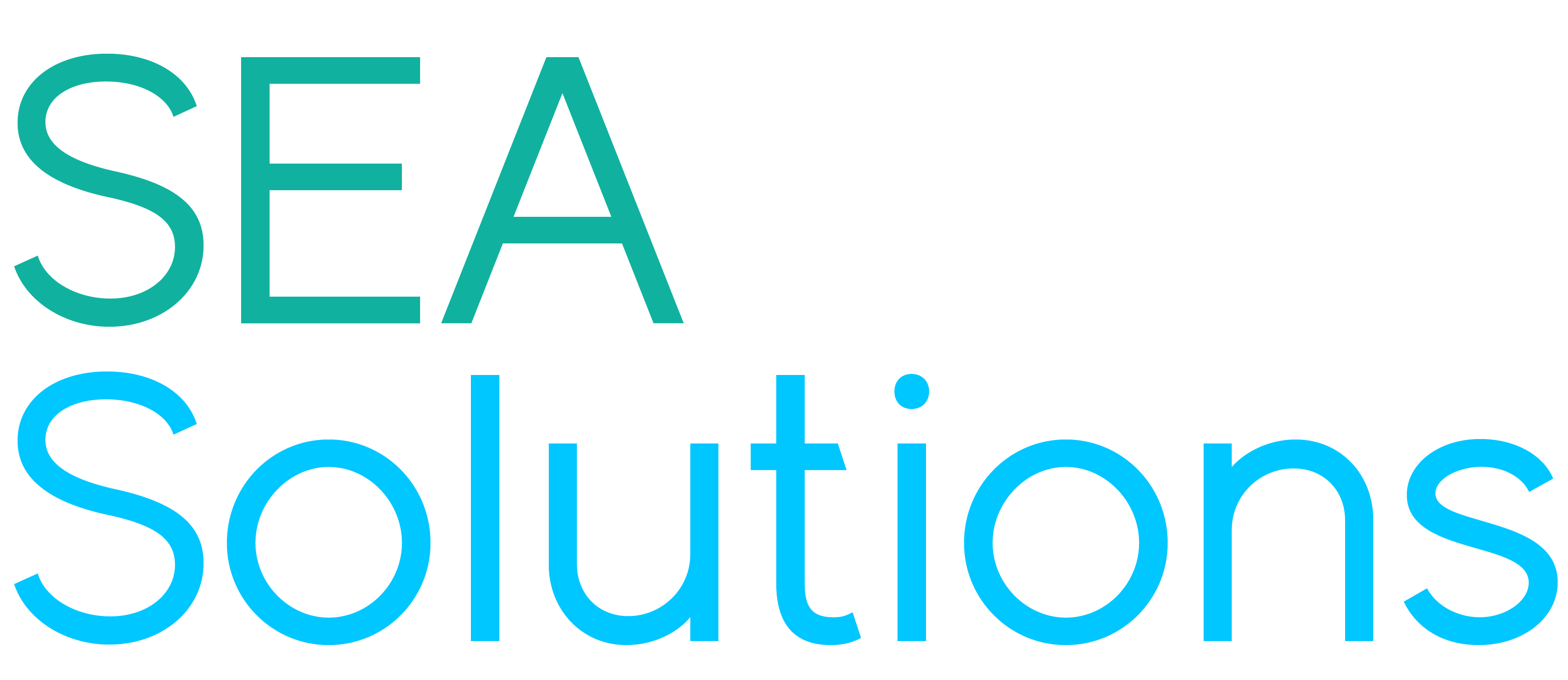








Parallel session #1 - State of the science: How does scientific research support action to combat marine plastics in South East Asia: A review of research and gap analysis
09:30-10:30
To be successful, solutions to pollution from marine plastic must be based on a clear understanding of issues based on sound science. This session will focus on discussion on the findings of a review of scientific research on marine plastic pollution in South East Asia and how critical research gaps can be filled.
Moderator:
Speakers:
- Youna Lyons, National University of Singapore, Centre for International Law.
- Peter Kershaw, Joint Group of Experts on the Scientific Aspects of Marine Environmental Protection, UK.
- Marine Scientist, NUS, Plastic pollution in Southeast Asia from a marine scientific perspective.
- Marine Scientist, NUS, Drivers of research on pollution from marine plastics in the region and regional challenge.









Parallel session #2 - Gender and social dimensions of marine litter pollution – with SEI
09:30-10:30
Marine plastic litter directly affects a range of stakeholders, impacting public health and wellbeing as well as economic development. It may also be a significant vulnerability multiplier in key sectors and among those already poor and marginalized.This session will provide Insights on the gender and human rights dimensions of marine plastic litter, and how consideration of this can contribute to fair, equitable and ethically-sound action and sustainable outcomes in the longer term.
Moderator:
- Nadya Hutagalung
Speakers:
- Bernadette Resurreccion, Senior Research Fellow, Stockholm Environment Institute, Thailand.
- Kabir Arora, Women in Informal Employment: Globalizing and Organizing (WIEGO), India.
- Sumangali Krishnan, GA Circular, Singapore.
- UNEP, Human rights based approach and marine litter.
Coffee break
10:30-11:00









Plenary session - Transboundary movement of plastic waste
11:00-12:30
The session will discuss waste trade including flow of plastic waste into the region as well as waste trade within the region, approaches (including technology and policy) towards better management of waste trade and better enforcement, and research and other gaps to effectively tackling illegal waste trade.
Moderator:
- Nadya Hutagalung
Speakers:
- Panate Manomaivibool, Lecturer of Mae Fah Luan University, Thailand (Transboundary Movement of Waste).
- Michikazu Kojima, ERIA.
- Jayaprakash Murulitharan, Principal Assistant Secretary, Ministry of Energy, Science, Technology, Environment and Climate Change, Malaysia.
- Ms. Ieva Ručevska, GRID Arendal, Norway.
Lunch
12:30-13:30









Parallel session #3 - Towards better data: Monitoring, assessment and related technologies
13:30-15:00
Defining and prioritizing interventions in plastic waste management is undermined by data limitations. This session will discuss how assessment and monitoring can underpin effective action, and how new technologies can be applied.
Moderator:
- Nadya Hutagalung
Speakers:
- Ms. Qamar Schuyler, CSIRO.
- Dr. Lixin Zhu, East China Normal University.
- Ms. Ran Xie, Consumption and Production Unit, Economy Division - UN Environment (Hotspot/Footprint methodology and its application).
- Kavinda Gunasekara, Dr. Hiroyuki Miyazaki, Asian Institute of Technology (use of geospatial information/ drone on plastic pollution) Peter Kershaw, Joint Group of Experts on the Scientific Aspects of Marine Environmental Protection, TBC.
- Ms. Suchana Chavanich, Chulalongkorn University, TBC.
- Ms. Sanae Chiba, Japan Agency for Marine-Earth Science and Technology, TBC.









Parallel session #4 - Governance frameworks to manage marine plastics – with NUS
13:30-15:00
To be successful, solutions to marine plastic pollution must take into consideration institutional, legal and regulatory frameworks
at international, regional and local levels. Consideration of these frameworks is not relevant to governments only. To be fully
effective, they must be embraced and leveraged also by development actors, private industries and civil society, and vice-versa.
This session will discuss existing initiatives, challenges and possible paths forward in the context of South East Asia.
Moderator:
- Youna Lyons, NUS
Speakers:
- Dr. Vong Sok, Head of Environment Division, Sustainable Development Directorate, ASEAN Socio-Cultural Community Department, ASEAN Secretariat.
- Vu Hai Dang, National University of Singapore, Centre for International Law.
- Karen Raubbenheimer, University of Woolongong.
- Kim Nong, Deputy Secretary General for National Committee for Coastal Management and Development; and Deputy Director General, General Directorate of Administration for Nature Conservation and Protection, Ministry of Environment, CAMBODIA.
- Yegor Volovik, Northwest Pacific Action Plan.
Coffee break
15:00-15:30









Plenary session - Chemicals and plastic (including microplastics and nanoplastics) – Economy Division/Chemicals
15:30-16:45
The session will explore issues around toxic or potentially toxic properties of plastics including chemical additives in plastics as well as chemicals adsorbed to plastics in the marine environment.
Moderator:
- Kakuko Nagatani-Yoshida, UNEP
Speakers:
- Hideshige Takada, Tokyo University of Agriculture and Technology, Japan, TBC.
- Prof. Sang Hee Hong, Korea Institute of Ocean Science and Technology, Republic of Korea, TBC.
- Dr Maria Neira, Director, Department of Public Health, Environment and Social Determinants of Health, WHO, TBC.
- Akbar Tahir, Hasanuddin University, Indonesia, TBC.
- Weiwei Zhang, National Marine Environmental Monitoring Center, China, TBC.
- Recommendations from IOC-WESTPAC, TBC.









Closing plenary
16:45-17:00
Jerker Tamelander
End of Day 1


